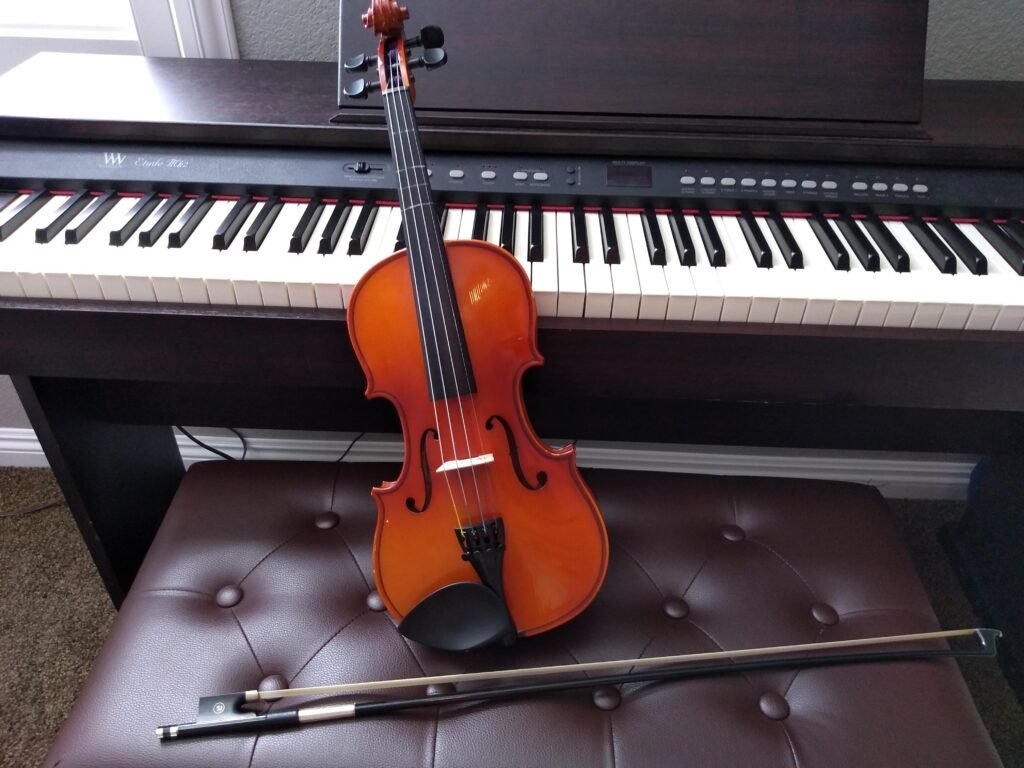Introduction
Welcome to our organization, dedicated to music education and helping musicians of all skill levels pursue their passion. Whether you’re a beginner or an experienced player, we are here to guide you on your musical journey. In this blog post, we will provide a comprehensive guide to getting started with musical instruments.
Choosing the Right Instrument
The first step in starting your musical journey is choosing the right instrument. Consider your musical preferences, personal interests, and physical attributes. Research different instrument options and consult with experienced musicians or music teachers to make an informed decision.
Essential Equipment
Once you have chosen your instrument, it’s time to gather the essential equipment. Depending on the instrument, this may include accessories such as reeds, strings, picks, straps, or stands. Ensure that you have the necessary tools to keep your instrument in good condition and enhance your playing experience.
Learning Resources
Learning to play a musical instrument requires dedication and practice. Fortunately, there are numerous resources available to help you along the way. Consider enrolling in music lessons with a qualified instructor who can provide personalized guidance. Additionally, online tutorials, instructional books, and sheet music can supplement your learning.
Practice Routine
Consistency is key when learning a musical instrument. Establish a regular practice routine that fits your schedule and commit to it. Start with shorter practice sessions and gradually increase the duration as you progress. Remember to focus on both technique and musicality to develop a well-rounded skill set.
Joining a Community
Music is meant to be shared. Joining a musical community can provide valuable opportunities for growth and inspiration. Seek out local music groups, ensembles, or bands that align with your interests. Participating in jam sessions, open mic nights, or concerts can boost your confidence and foster connections with fellow musicians.
Setting Goals
Setting goals is essential for tracking your progress and staying motivated. Start with short-term goals that are achievable within a few weeks or months. As you accomplish these goals, set new ones that challenge and push you outside of your comfort zone. Celebrate milestones along the way to maintain enthusiasm.
Continued Learning
Learning a musical instrument is a lifelong journey. Even as you become more proficient, there is always more to discover. Attend workshops, masterclasses, or music festivals to expand your knowledge and learn from experienced musicians. Embrace a growth mindset and never stop exploring new techniques and styles.
Conclusion
Embarking on the journey of learning a musical instrument is an exciting and rewarding endeavor. Remember to choose the right instrument, gather the necessary equipment, and seek out learning resources. Establish a practice routine, join a musical community, and set goals to stay motivated. And most importantly, enjoy the process and let your passion for music guide you along the way.
